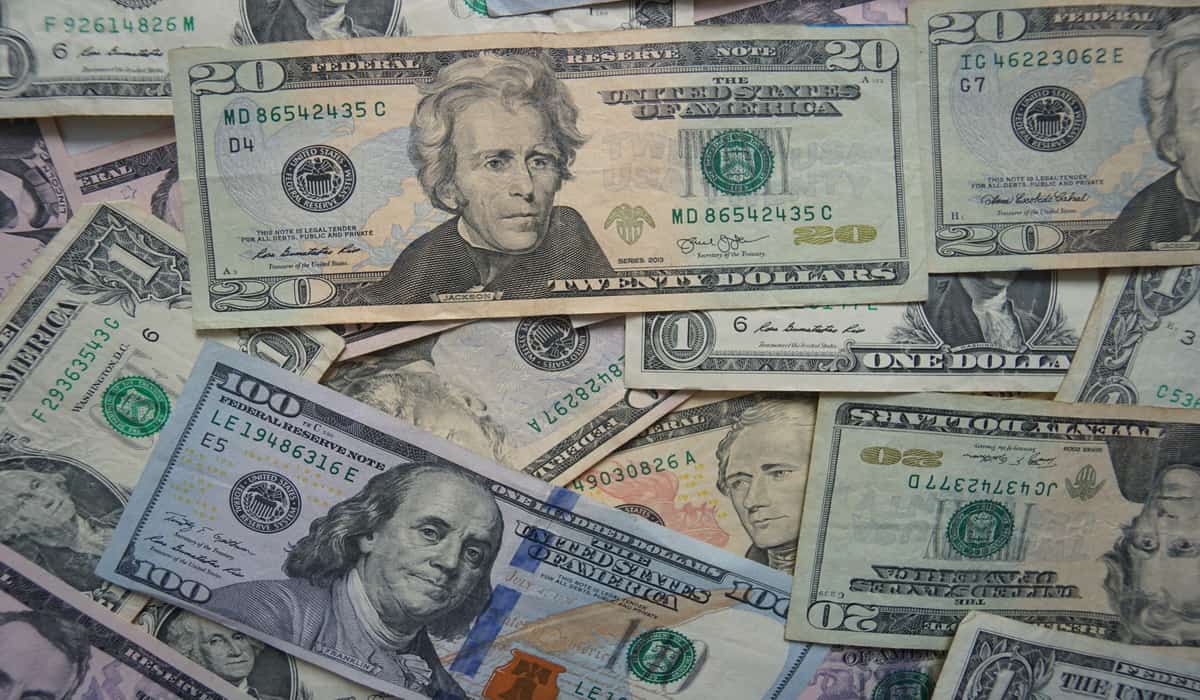
Global banking market capitalization slumps by over 30% amid pandemic
Before the coronavirus pandemic hit, the global banking sector was witnessing a rise in market capitalization. However, with the crisis around, most lending facilities like other businesses faced an array of challenges like declining profits in return impacting market capitalization.
Data presented by Buy Shares shows that between the fourth quarter of last year and the second quarter of 2020, the global market capitalization of the banking market dropped by 30.32%. During Q4 2019, the market cap was $8.97 trillion while during Q2 2020, the figure stood at $6.25 trillion. Notably, the biggest plunge was registered between Q4 2019 and Q1 2020 at 91.3%, a period when the coronavirus pandemic spread across the world.
From the Q1 2016, the lowest market cap was in the first three months of this year at $5.78 trillion. On the other hand, an overview of the data shows that the global banking market capitalization was highest in the fourth quarter of 2017 at $9.32 trillion.
The research further looked at the top and lowest Total Shareholder Return (TSR) performance among Western European banks as of April 2020 to June 2020. Dutch-based ING GROEP had the highest returns at 29.6%. From the data, five top Western European banks had positive returns during the period under review.
On the flip side, HSBC Holdings had the worst returns at -16.7% while Standard Chartered registered returns of -1.3%. Total shareholder return refers to a measure of the performance of different companies’ stocks and shares during a specified period.
Covid-19 impact on the banking sector
Market capitalization is the market value of a publicly-traded company’s outstanding shares. Market capitalization is equal to the share price multiplied by the number of outstanding shares. Notably, most of the leading global banks are already publicly traded, unlike the emerging fintech platforms.
The drop in market capitalization was directly tied to the coronavirus outbreak which caused widespread concern and economic hardship for consumers, businesses, and communities across the world. The global banking sector was not spared since profitability was heavily impacted.
The pandemic affected the profitability of many facilities since there was an increase in impairment and bad loans. Lenders have been forced to completely write off bad loans. Despite mitigation measures in place, the pandemic has raised the credit risk for most banks. The economic uncertainty resulting from the health crisis has a meaningful impact on the real economy, and a slump in economic activity raises banks’ loan losses.
Long terms effect of market cap plunge
With global banks facing profitability hurdles it begs the questions will the situation impact dividends? In the wake of the health crisis, some lending facilities voluntarily suspended their buyback programs. A section of European authorities even urged banks to hold all shareholder payouts. In the event some banks pause dividend issuance, it will send a wrong message that leading banks do not have stringent measures to curb the effects of an economic crisis.
Furthermore, traditional banks still have a long way to go after the pandemic. The crisis has cast some attention on challenger banks. With the virus spreading, some banks were forced to close physical branches with customers turning to online banking.
Some traditional banks did not have the right online banking structures, giving way to fintech platforms. For example, online banking is efficient in promoting contactless payment. After the pandemic, traditional banks will have to review their in-person banking as a means of remaining profitable. There is already debate weather closed banking branches should even reopen after the pandemic.
In a nutshell, traditional banks will borrow a leaf from digital financial institutions to be more prepared to compete with challenger banks in the future.







